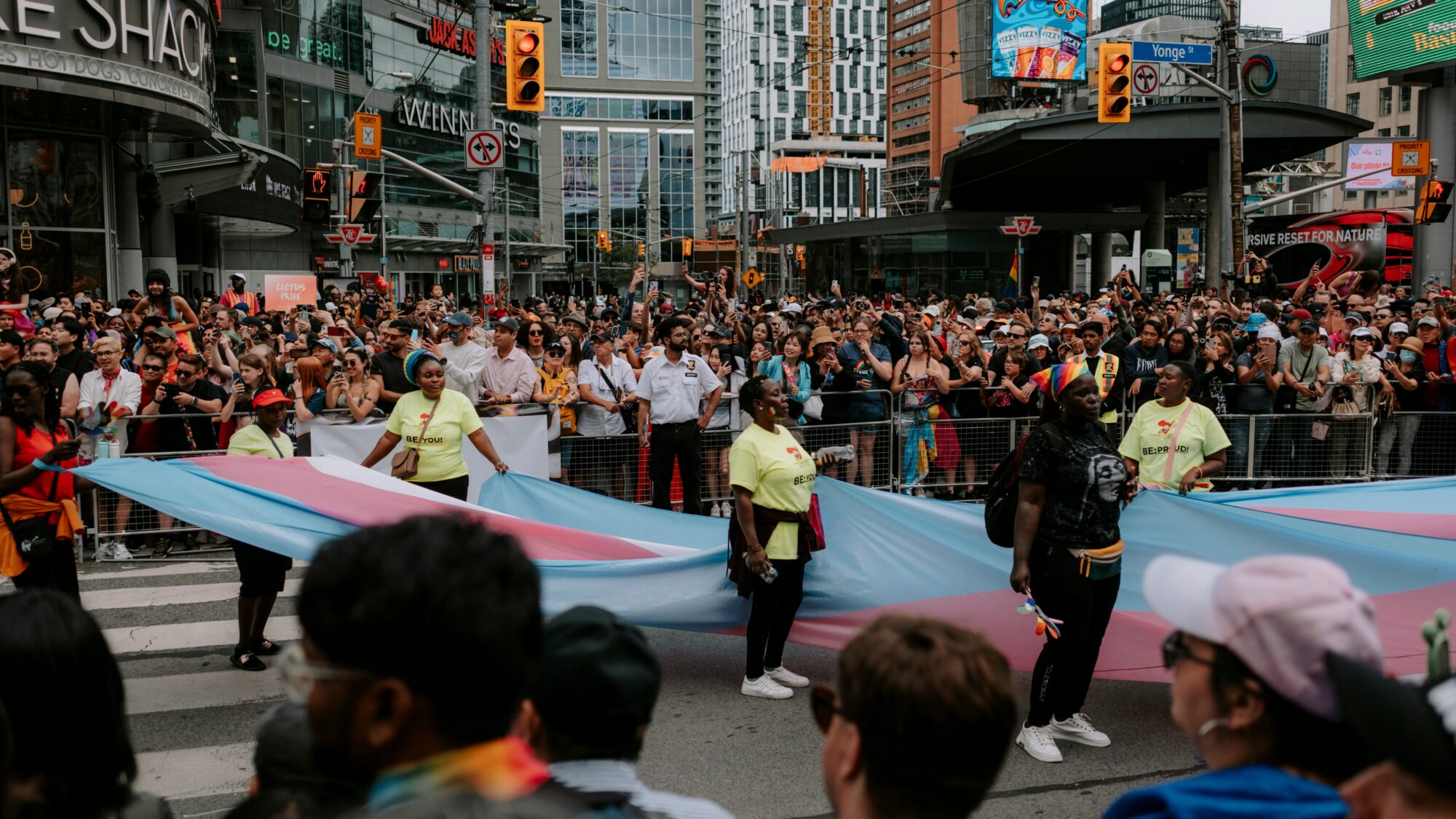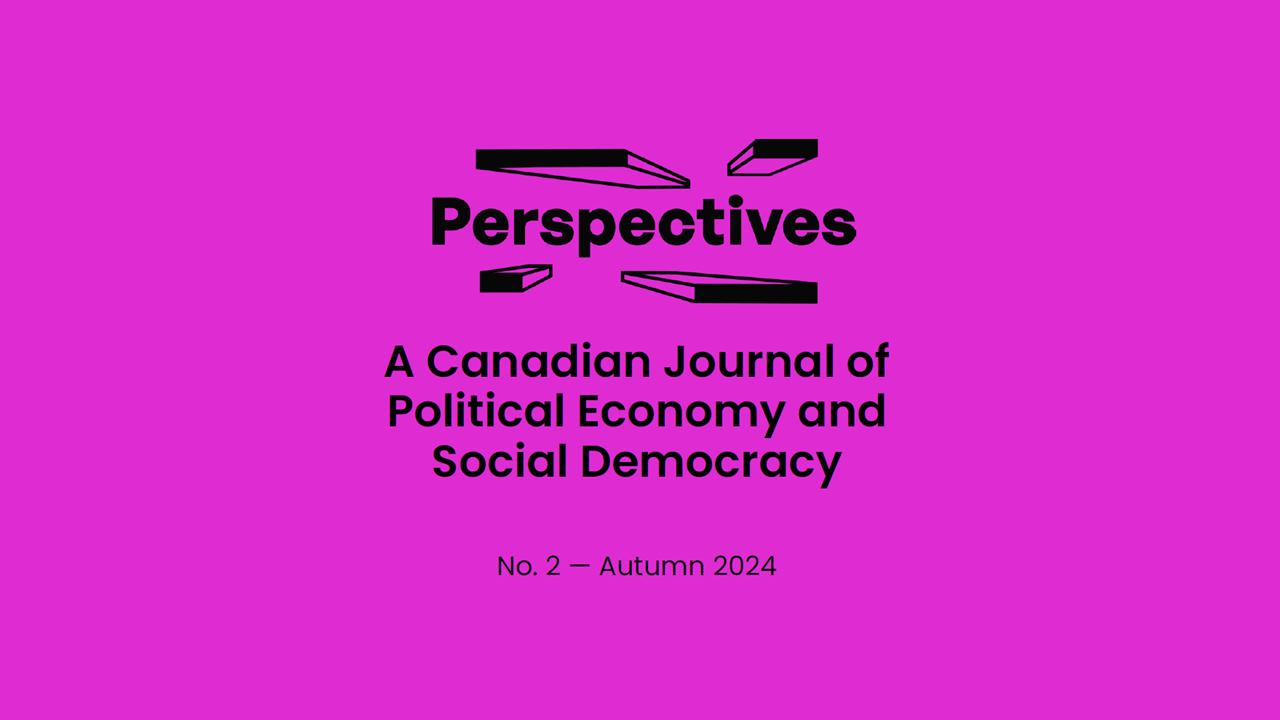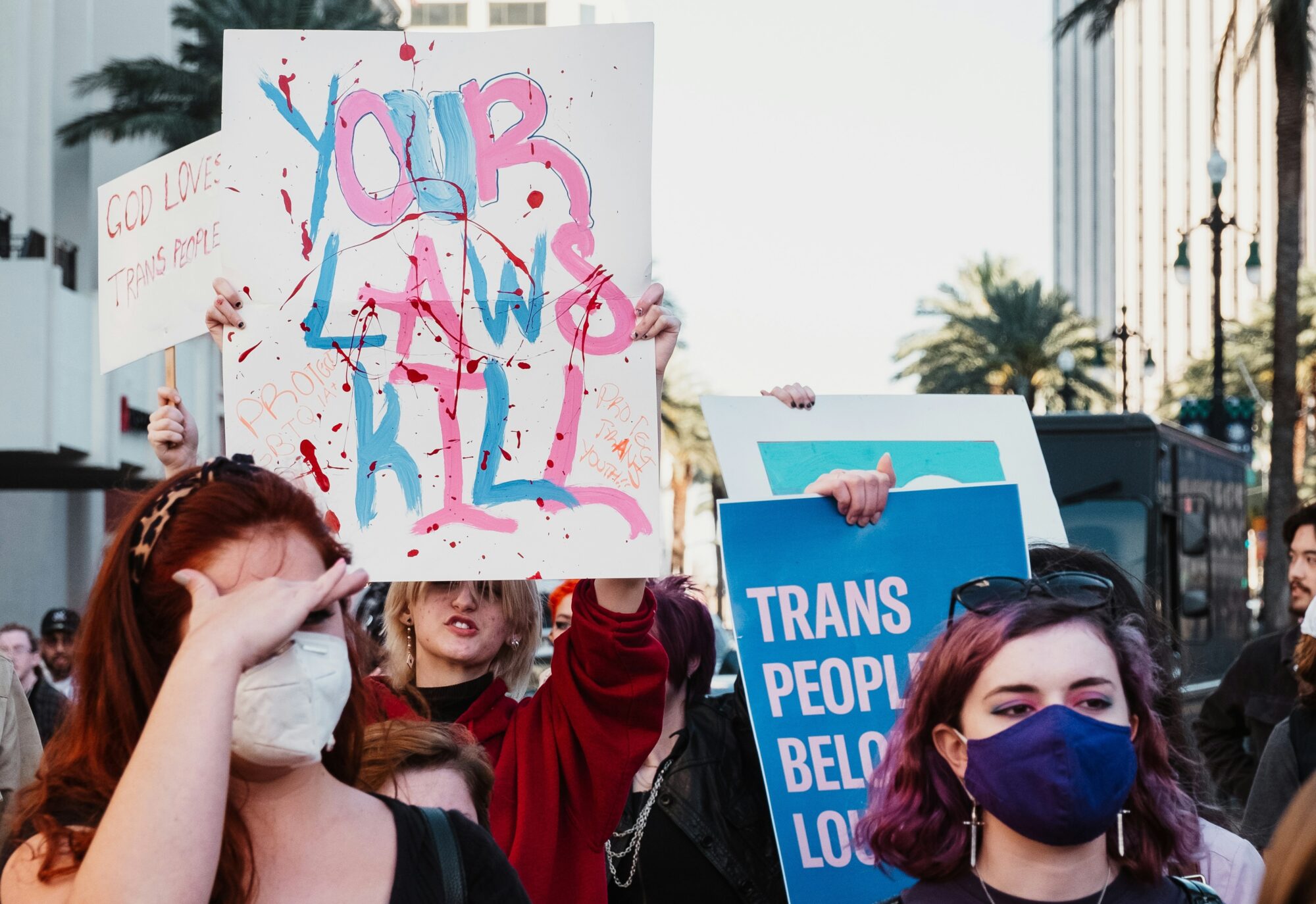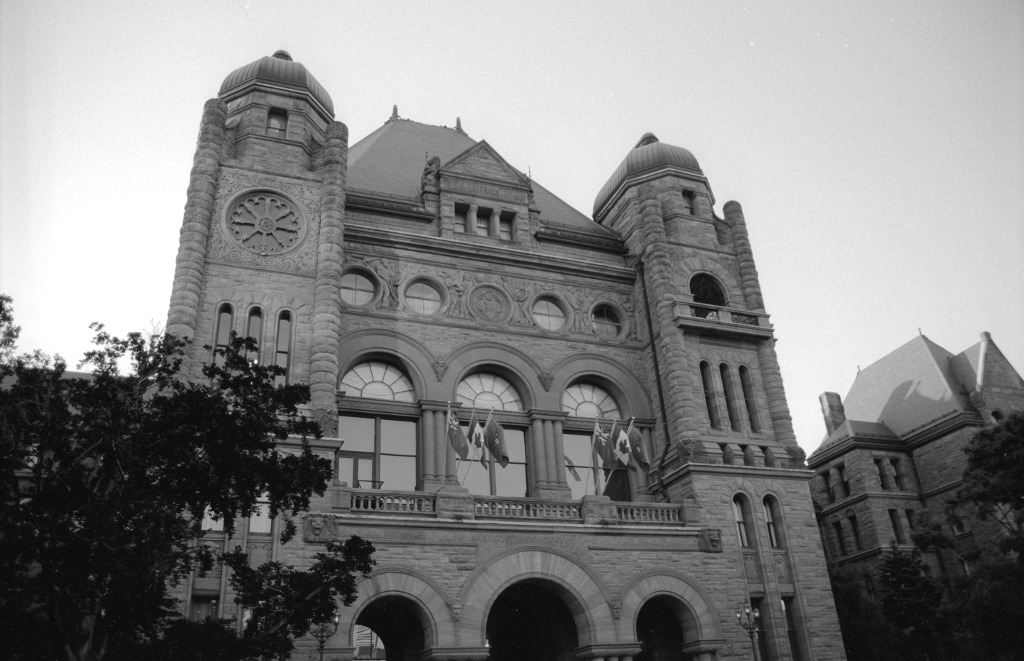Activists Make History: Winning Renters’ Rights with Chiara Padovani
Chiara Padovani details her political journey in organizing renters and defending tenant rights against the encroachment of for-profit interests in housing.
Chiara Padovani details her political journey in organizing renters and defending tenant rights against the encroachment of for-profit interests in housing.

There is a glaring lack of systemic data collection on trans deaths in Canada. It’s time that policymakers correct the course.

The ghosts that Perspectives Journal tries to exorcize are the spirits of neoliberal capitalism that continue to haunt Canadian social democrats. This particular stage of capitalism, long after its heyday, still pervades our political economy and applies a heavy weight to today’s progressive movements that fight for justice and equality.

There is a glaring lack of data on trans deaths and systemic data collection is required to address inequities through policy. Research shows that training death investigators to identify trans people post-mortem is feasible, making this a simple policy change that could be a critical step toward fulfilling the promise of equality.

Reflecting on the ONDP government led by Bob Rae from 1990 to 1995, it is clear that the success of today’s ONDP depends on its ability to deliver on substantive reforms that materially benefit Ontario’s diverse working-class.

Chris Hurl and Leah Werner reveal the consulting industry’s hand in hollowed-out public services and draw an escape plan for Western democracies hoping to emerge from consultants’ nebulous grasp.

The wellness to alt-right pipeline continues to draw more and more who fall outside of the shrinking net of collective care into movements that threaten democratic institutions and community wellbeing. Governments need to stop the erosion of institutions of community care.

In ‘Free and Equal: What Would a Fair Society Look Like?,’ Daniel Chandler sets out on a contemporary alternative to the social and economic policies of the right, drawn from the work of John Rawls.

“Social democracy remains the form with the greatest potential, no more, no less, for liberating the creative, cooperative and compassionate possibilities of humanity and offering dignity to all.”


